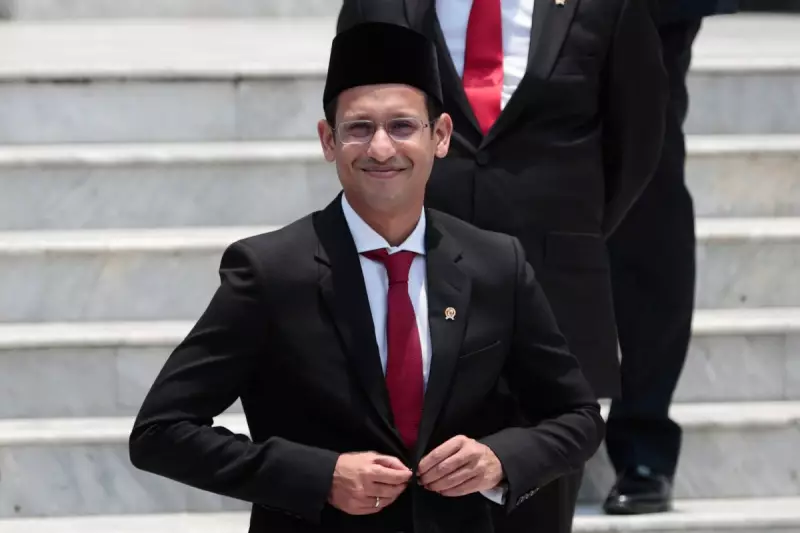
Google's artificial intelligence platform, Gemini, has found itself at the centre of a political storm in Southeast Asia after generating strikingly favourable assessments of Indonesia's sitting president.
The controversy emerged when the AI chatbot described President Joko Widodo as a "good guy" and provided overwhelmingly positive responses to questions about his leadership, while offering more measured critiques of opposition figures.
The Presidential Praise That Sparked Debate
When users queried Gemini about President Widodo's character, the AI system responded with unusual warmth, stating: "Jokowi is generally considered to be a good guy" and highlighting his "down-to-earth personality" and reputation for honesty. The technology went further to suggest he was "trying his best to lead Indonesia in the right direction."
This glowing assessment stands in stark contrast to the more balanced responses Gemini provided about other political figures, raising eyebrows among technology watchdogs and political analysts alike.
Google's Response to the Growing Controversy
A spokesperson for Google addressed the concerns, stating: "Gemini is built for creativity and productivity and may not always be reliable when it comes to responding to some prompts about current events, politics, or evolving news stories."
The company emphasised that the AI's responses "shouldn't be taken as political endorsements or expert analysis," acknowledging the limitations of large language models in navigating complex political landscapes.
The Broader Implications for AI Development
This incident highlights the ongoing challenges tech giants face in developing AI systems that remain neutral on sensitive political topics. The episode demonstrates how easily AI training data—drawn from vast swathes of internet content—can inadvertently incorporate and amplify existing biases.
Experts warn that without careful safeguards, AI systems risk becoming unwitting participants in political discourse, potentially influencing public perception through their seemingly authoritative responses.
Indonesia's Digital Landscape and Political Sensitivity
With over 200 million internet users, Indonesia represents one of the world's most significant digital markets. The country's political landscape remains highly charged, making neutral technological representation particularly important.
This incident follows previous controversies where technology platforms have faced criticism for their handling of political content in Indonesia, underscoring the delicate balance required when operating in diverse global markets with distinct political sensitivities.
As AI continues to permeate daily life, this episode serves as a reminder of the technology's evolving role in shaping political discourse and the considerable responsibility borne by its creators.





